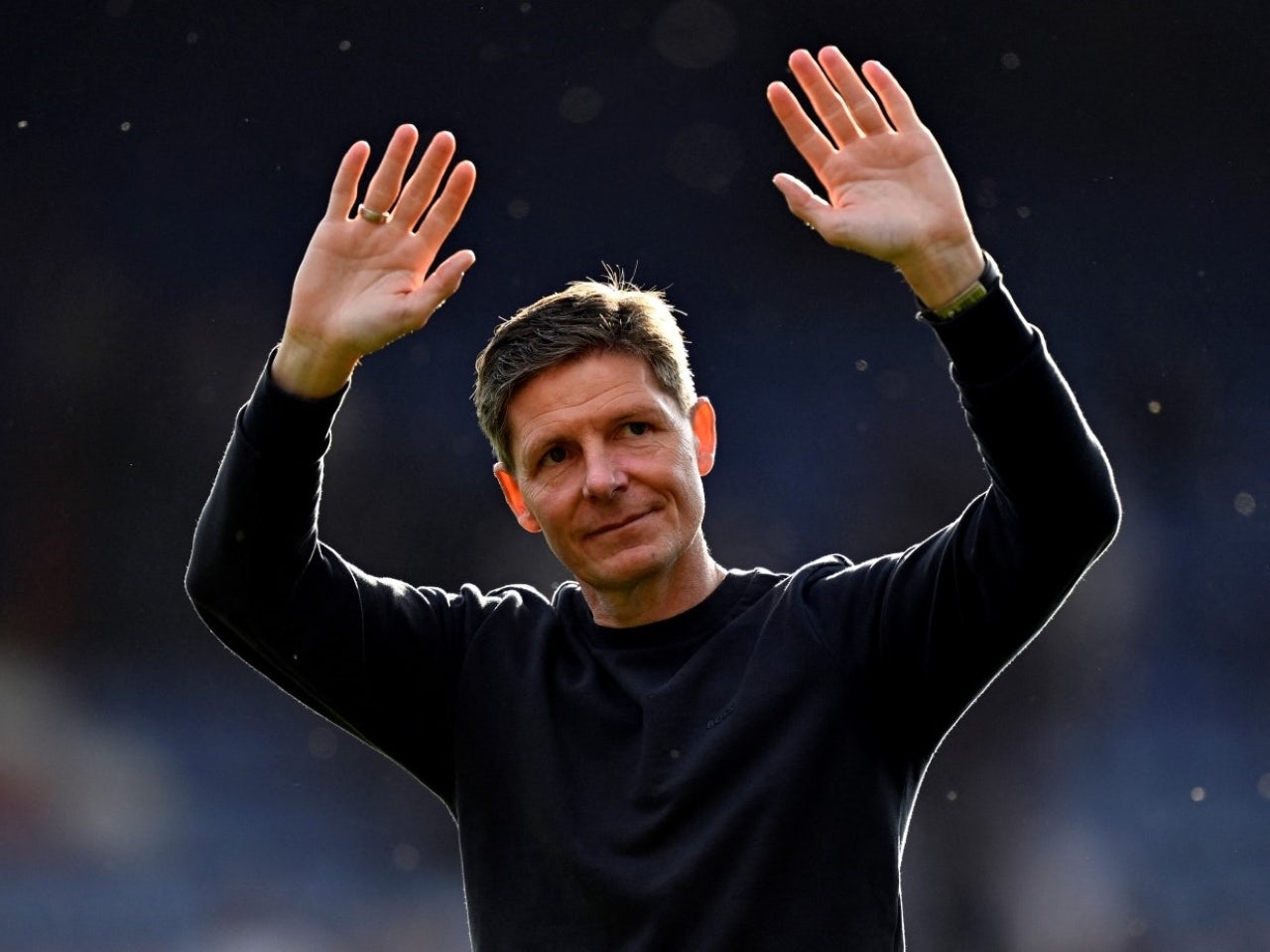Yes, Oliver Glasner’s arrival at Crystal Palace indeed marked a notable improvement for the club. His tactical acumen and managerial approach helped the Eagles to stabilize their form and achieve a strong finish to the season. Glasner, known for his success with Eintracht Frankfurt, brought a fresh perspective and strategic insight that seemed to resonate well with the team. This positive end to the campaign likely provided a solid foundation for the upcoming season, setting high expectations for continued progress under his guidance.
Absolutely, maintaining momentum will be crucial for Oliver Glasner and Crystal Palace as they transition into his first full season. Glasner’s track record with Eintracht Frankfurt and Wolfsburg suggests he can build on the progress made, but he’ll need to address the challenges of the summer transfer window and team preparations.
The sale of Michael Olise to Bayern Munich is indeed a significant blow. Olise’s departure leaves a gap in the squad, given his influential performances and creative prowess. Replacing him won’t be easy, but it’s an opportunity for Glasner to reinforce the team with new talent or adapt his strategies to make the most of the resources available.
Effective recruitment and smart use of the transfer market will be key to ensuring that the team remains competitive and can build on the positive momentum from the previous season. Balancing the integration of new players with the existing squad will also be vital for maintaining team cohesion and achieving success in the upcoming campaign.
Using Football Manager 2024 to simulate potential transfer activity and outcomes at Crystal Palace can provide some interesting insights. Here’s how the simulation might project the next seven weeks at Selhurst Park:
1. **Further Squad Reinforcements:** With Ismaila Sarr’s deal nearing completion, Glasner may focus on strengthening other areas of the squad. The simulation might suggest looking for:
– **Central Midfielder:** To provide additional creativity or defensive cover, especially if a key player has left or is out injured.
– **Defender:** To add depth or replace any departures, particularly if the club has been linked with defensive reinforcements in real life.
– **Striker:** If there’s a need for more attacking options or a potential replacement for any outgoing forwards.
2. **Youth Development and Loan Moves:** Football Manager simulations often emphasize the importance of developing young talent and may show Glasner prioritizing:
– **Loan Deals:** Sending younger players out on loan to gain first-team experience.
– **Youth Signings:** Investing in promising youth prospects who could become valuable assets in the future.
3. **Tactical Adjustments:** The simulation might reflect Glasner’s adjustments to his tactics and formations based on the new signings. He could experiment with different strategies during pre-season to find the best balance with his squad.
4. **Contract Negotiations:** The simulation could highlight potential contract extensions for key players or renegotiations to retain vital members of the squad and avoid losing them on free transfers.
5. **Club Objectives:** Football Manager might show the board’s expectations for the season, such as a target position in the league, cup runs, or specific performance metrics, which could influence Glasner’s transfer strategy.
6. **Team Chemistry and Integration:** How well new signings and existing players gel together will be a focus, with the simulation providing insights into potential team dynamics and any necessary adjustments in approach.
The exact outcomes and scenarios can vary, but Football Manager 2024 will provide a dynamic and detailed projection of how Crystal Palace’s summer transfer window and pre-season could unfold under Glasner’s management.
